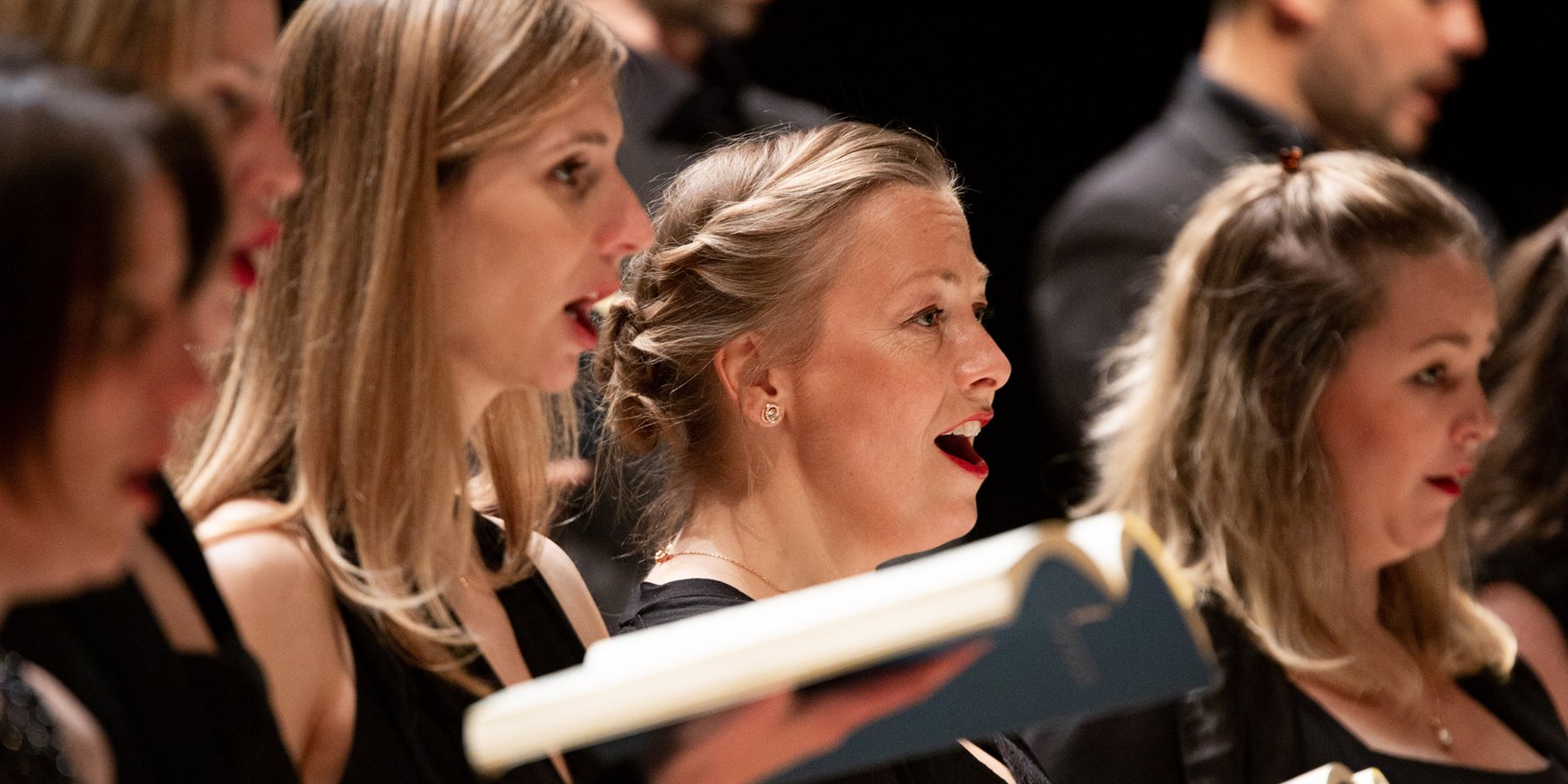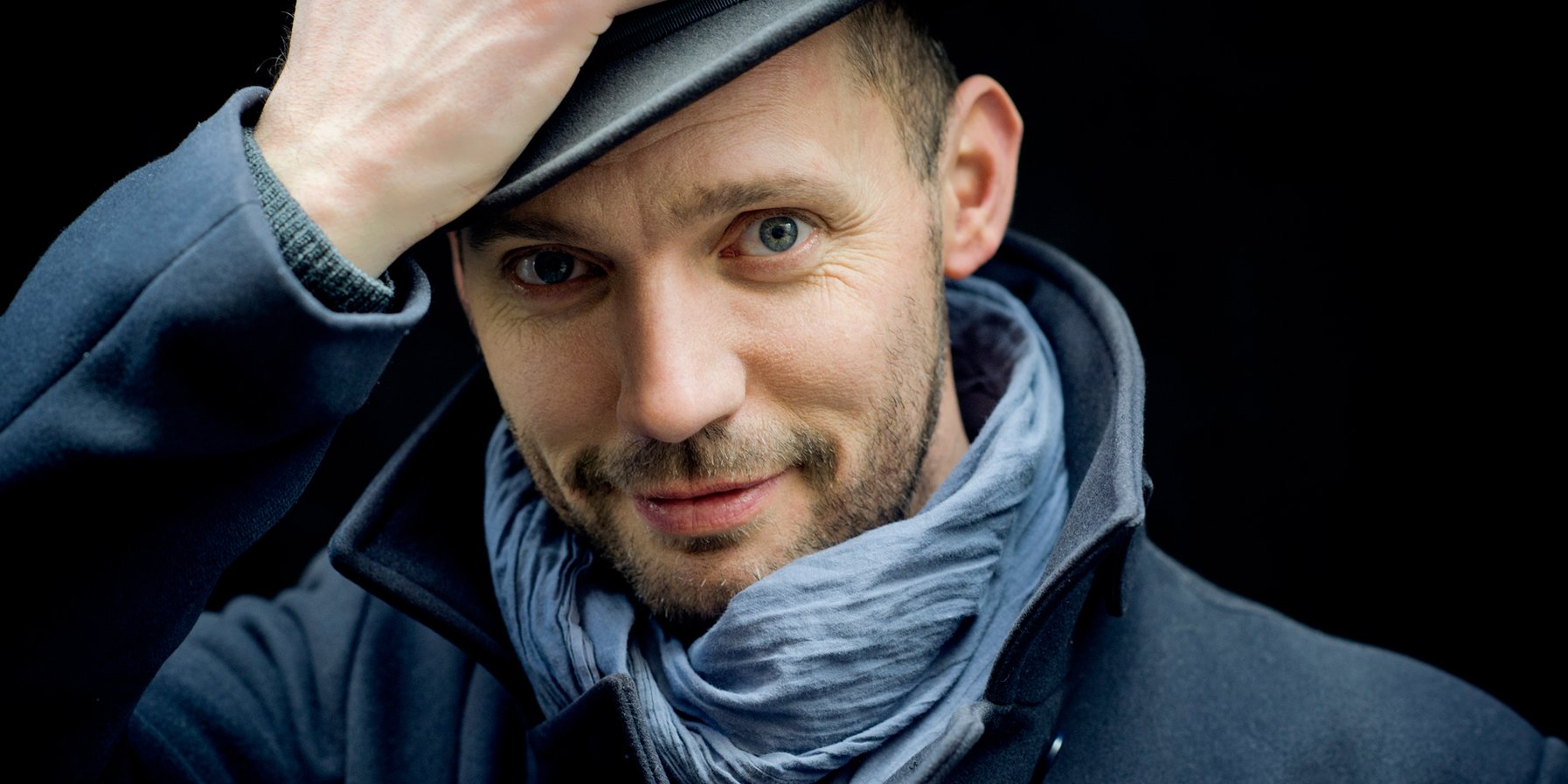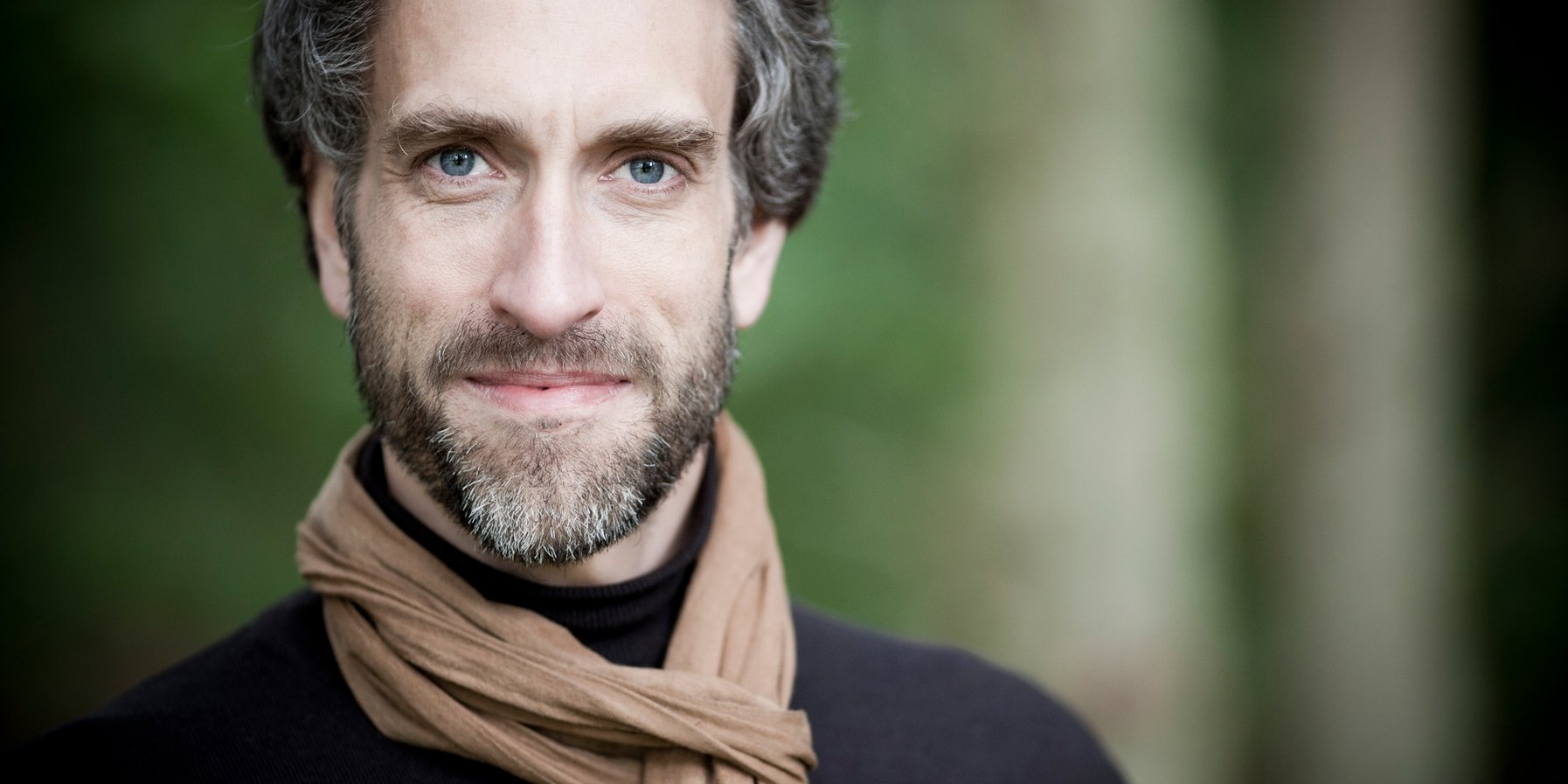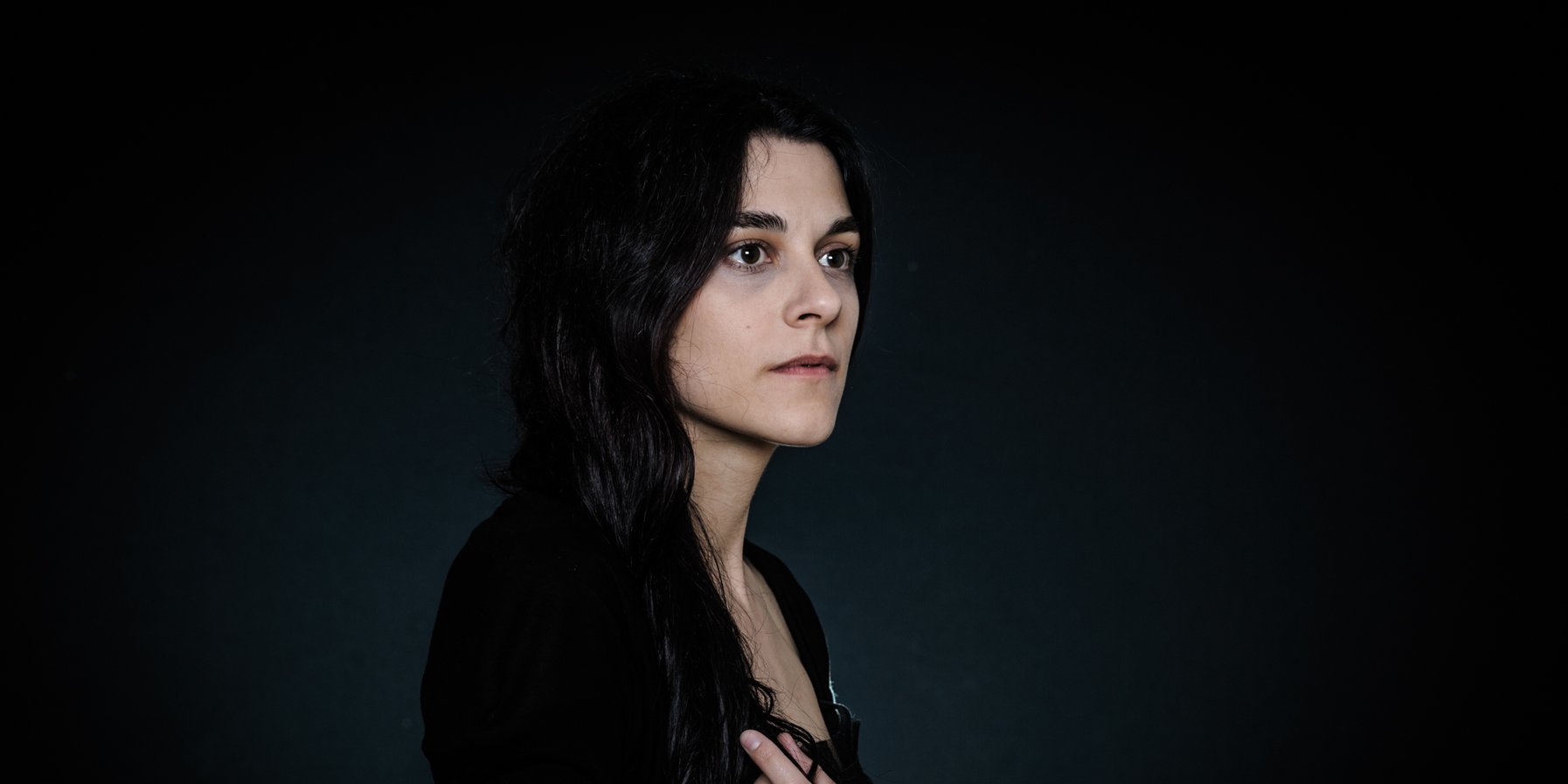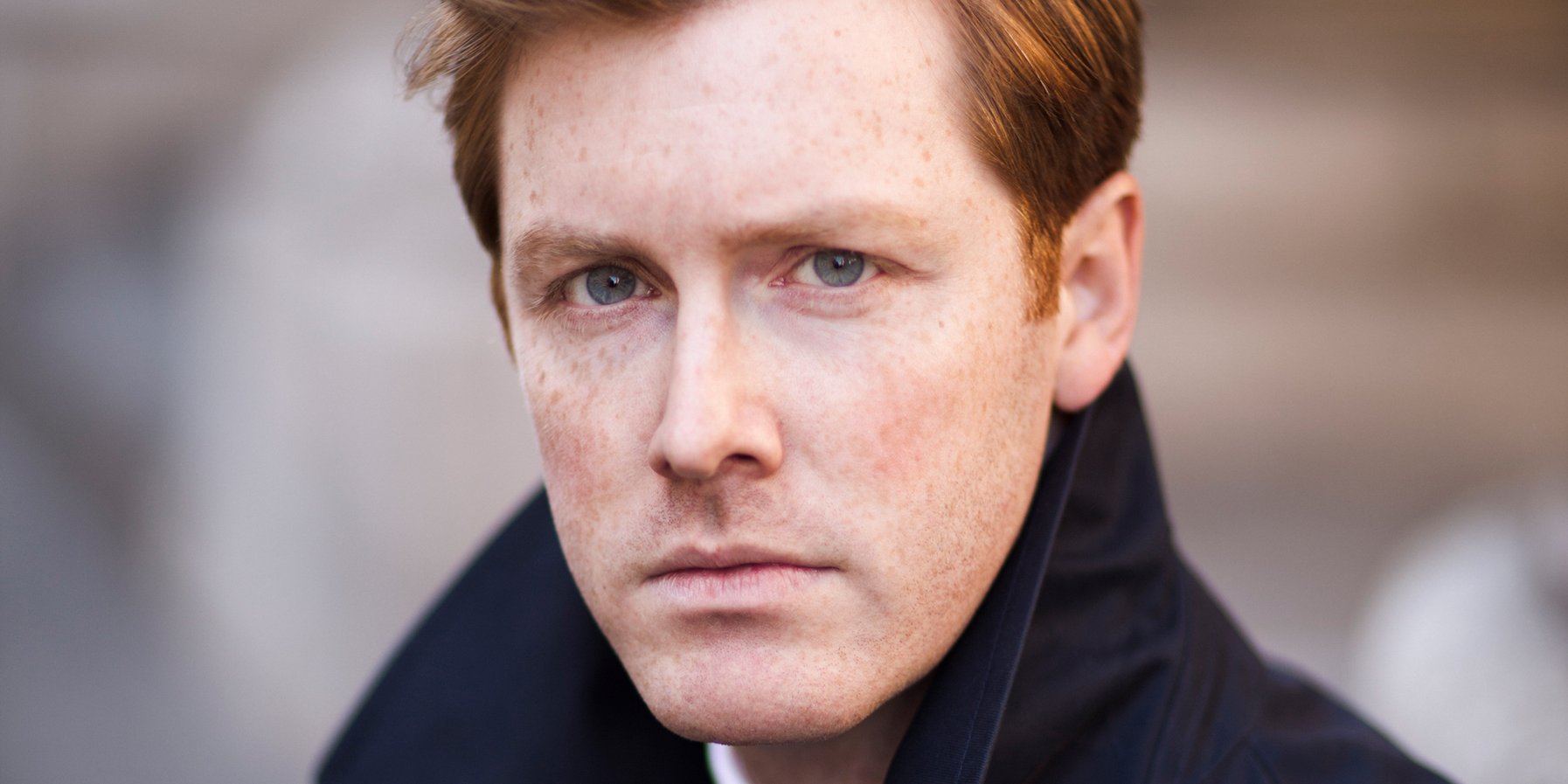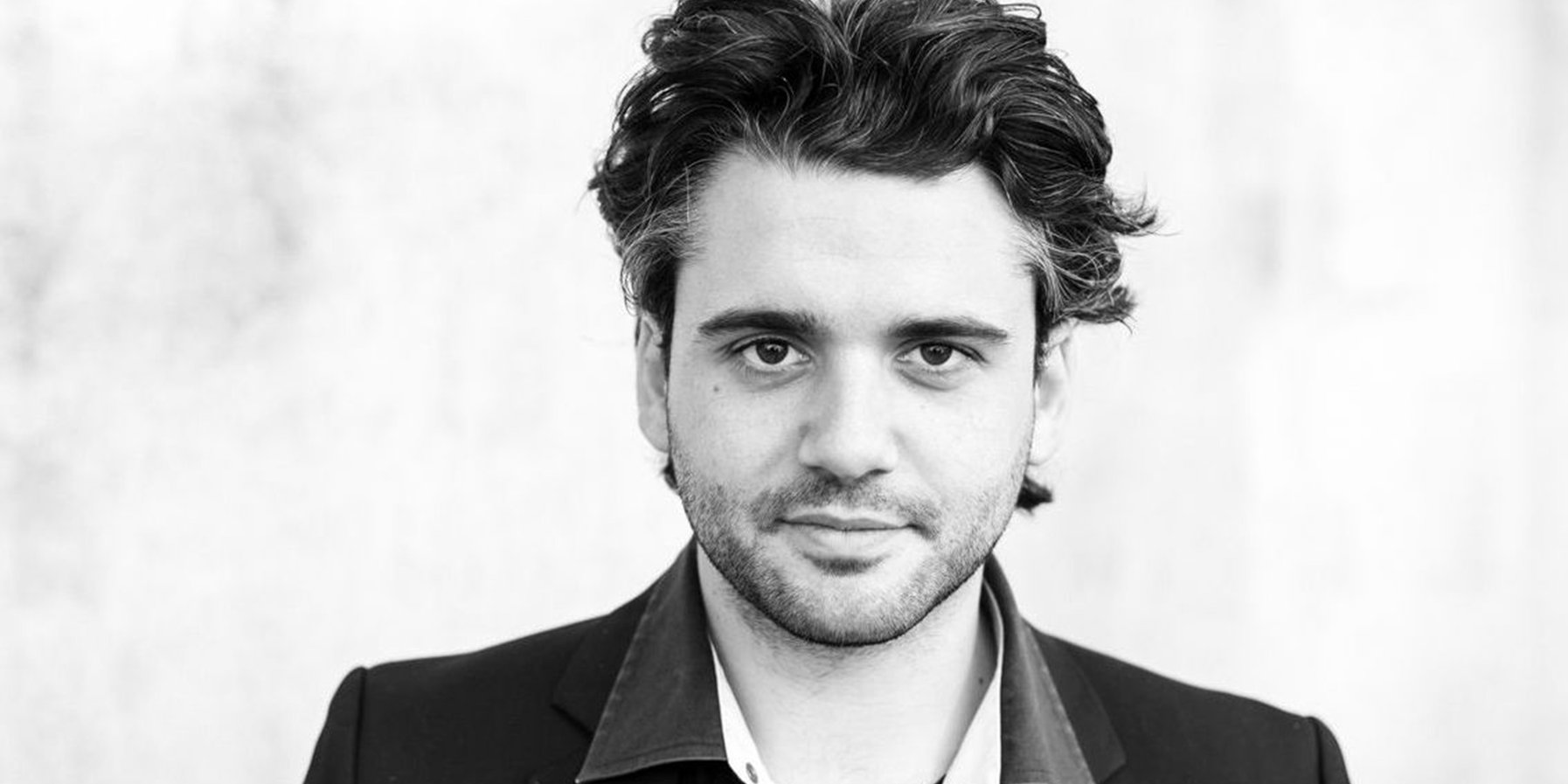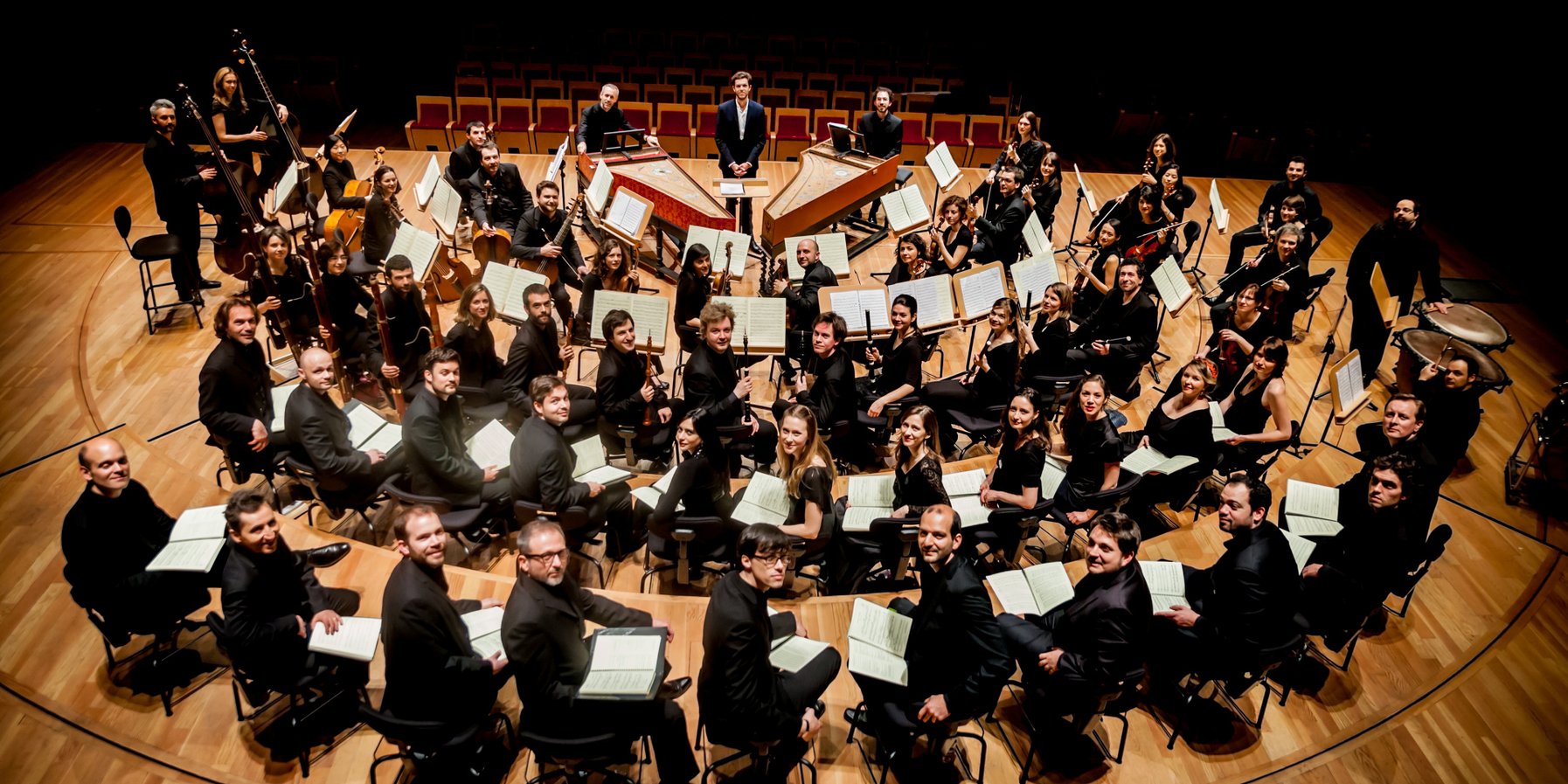Stream available until 01.07.2021.
They were all originally scheduled to appear here at the Elbphilharmonie on 29 March 2021: the French ensemble Pygmalion, its young conductor Raphaël Pichon, a whole series of outstanding vocal soloists like Stéphane Degout and Julian Prégardien – and last but not least, Johann Sebastian Bach. A performance of Bach’s famous »St Matthew Passion« was on the programme as the opening concert of the Easter festival. This setting of Christ’s Passion is one of the most important sacred works in the repertoire.
Unfortunately, the concert cannot be given at the Elbphilharmonie as planned because of the coronavirus pandemic, but that doesn’t mean it has to be cancelled: the musicians are broadcasting it as a live stream from the Eglise de la Madeleine, a wonderful old church in Aix-en-Provence in the south of France.

»Such effortless virtuosity and perfection, such weightlessness – and then the moving simplicity and sincerity, coupled with deeply felt expression!«
BR-Klassik about the Pygmalion ensemble
Performers
Pygmalion choir and orchestra
Maîtrise de Radio France choir
Julian Prégardien Evangelist
Stéphane Degout Jesus
Christian Immler Pilatus
Sabine Devieilhe soprano
Hana Blažíková soprano
Lucile Richardot alto
Tim Mead countertenor
Emiliano Gonzalez Toro tenor
Renoud Van Mechelen tenor
Raphaël Pichon direction
Programme
Johann Sebastian Bach (1685–1750)
St Matthew Passion BWV 244 (1727)
The Ensemble: Pygmalion
Bach’s music plays a very central role for Pygmalion: the French ensemble was founded 15 years ago for one of the big European Bach festivals, and the Baroque master has since been one of the focuses of their work. Pygmalion, which consists of an orchestra and a choir, has established an international reputation with its unusual sound. With passion and precision, the members of the ensemble pursue historic performing practice in the search for a Baroque sound of the greatest possible authenticity. Under the baton of its founder Raphaël Pichon, who is himself a trained countertenor, Pygmalion has already recorded numerous award-winning albums.
This would not have been the first visit to Hamburg for the Baroque specialists. They already attracted a lot of attention when they appeared at the Laeiszhalle in 2013: »Irresistible!« as one critic exclaimed.

In Hamburg wären die Barock-Spezialisten nicht zum ersten Mal zu Gast gewesen. Bereits 2013 erregten sie mit einem Konzert in der Laeiszhalle viel Aufmerksamkeit – »unwiderstehlich«, jubelte die Kritik.
A timeless classic that had a bumpy start :Bach’s »St Matthew Passion«
Why is anyone still interested in the Passion story nowadays? A third of the German population doesn’t go to church at all any more, while just a few per cent may go at Christmas. And the bloody story of the Crucifixion, with all its suffering and atonement, all its regret and punishment, doesn’t really seem to fit into the present day. Nonetheless, Johann Sebastian Bach’s St Matthew Passion is an integral part of our culture; it is performed every year in numerous churches large and small by amateurs and professionals alike, and there is never any trouble filling the seats.
In the beginning silence reigned
That was not always the case. On the contrary: the work’s first performance on 11 April 1727 was rewarded with – silence. No review has survived, no report from the Leipzig City Council (Bach’s employer at the time); there is no mention in any surviving letter or personal note. And as if this wasn’t bad enough: after just four performances during the composer’s lifetime, the Passion sank into oblivion. It took a whole century for it to be rediscovered – by an enterprising 20-year-old who had made it his mission to help the forgotten Thomaskantor achieve new fame. The young man’s name was Felix Mendelssohn.
The performance of a heavily-cut version of the St Matthew Passion in 1829 by the Berliner Sing-Akademie, with Mendelssohn conducting, did more than just return the laurels that the work deserved: it triggered a full-scale Bach revival which has continued to this day. But how did this transformation come about? What did Mendelssohn’s contemporaries hear in the St Matthew Passion? What do we hear in it today, that escaped the notice of congregations in Bach’s time?

An opera in church?
»God forbid! It’s as if one were listening to an opéra-comédie!« complained one noblewoman after attending the second performance of the St Matthew Passion in 1729. And she didn’t mean it as a compliment. Opera music was not welcome in church in those days. The employment contract that Bach signed in Leipzig even required him not to write music for church use that was too operatic in style. Notwithstanding, the noblewoman quoted above actually hit the nail squarely on the head: the score of the St Matthew Passion has an immense dramatic impact.

With two choirs, two orchestras and a running time of a good two-and-a-half hours, the work goes well beyond what was usual at the time – and Bach took the opportunity to bring in all the expression he had at his disposal. The opening chorus »Kommt, ihr Töchter, helft mir klagen« is already quite overwhelming, and unique in the oratorio repertoire. It places the listener directly in the midst of the Passion story with its singing set out as a dialogue. And over this choral dialogue floats a third group of voices, sopranos only, with the verse »O Lamm Gottes unschuldig«. This vocal line seems to come down from heaven, and gives the listener the key to understanding the work at the outset: Yes, dreadful things are happening around us, but they contain a comforting message that concerns us all.
Music of the future
As the story unfolds, Bach sticks to his plan of depicting the events of the Passion on two levels. On the plot level, the evangelist narrates the events as recorded in the Bible. He is supported by soloists and the chorus in the roles of, for example, Pontius Pilate, St Peter, the disciples or the people. But in the arias and chorales, Bach interrupts the narration of the facts to reflect on the story on a more general level: What does it mean for today’s listeners? For each and every individual?
It’s true that all this wasn’t new. Earlier oratorios had already featured alternating narrative and reflective levels. But no composer before Bach managed to imbue this style of narrative with such intensity and dramatic impact. So maybe music history did actually have to wait for the emergence of Romanticism, when Mendelssohn was born, to really appreciate the St Matthew Passion. Bach himself, incidentally, was certainly aware of the significance of the work: he wrote out the score with particular care, and to this day it remains the finest and most precious autograph manuscript from his pen.

Text: Juliane Weigel-Krämer, last updated: 22 Mar 2021
Translation: Clive Williams

